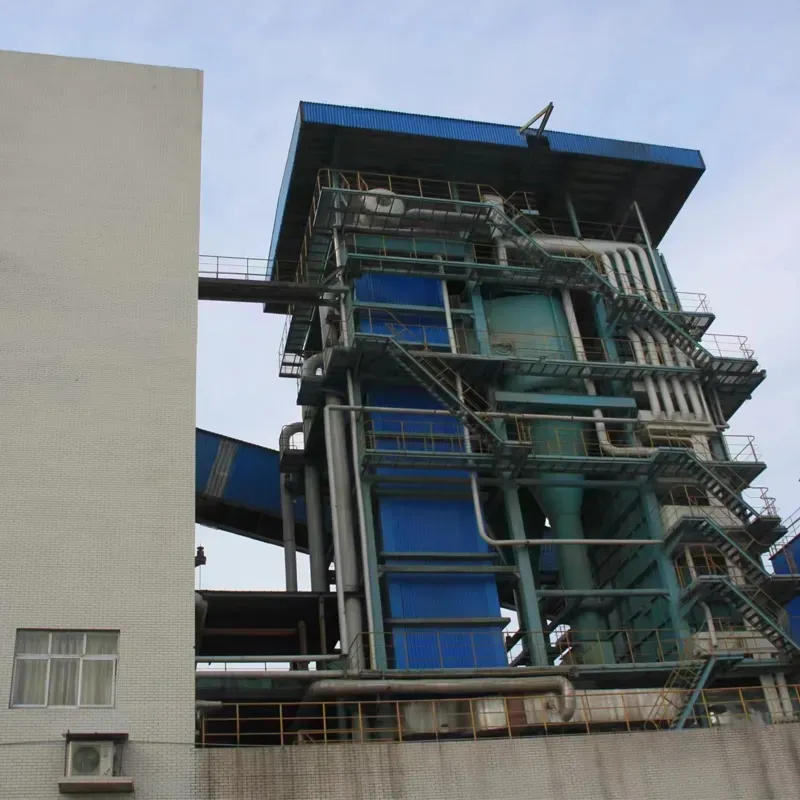Innovative Solutions for Sustainable Rice Husk Boiler Technology and Applications
Harnessing Rice Husk for Sustainable Boiler Solutions
As the world pivots towards sustainable energy solutions, innovative technologies are emerging to utilize agricultural byproducts effectively. One such development is the use of rice husks in boiler systems, which not only promises eco-friendliness but also presents a cost-effective alternative to conventional fossil fuels.
Introduction to Rice Husk as a Biomass Resource
Rice is one of the most cultivated cereals globally, and its production generates significant amounts of agricultural waste, primarily in the form of rice husks. These husks, which are the protective coverings of rice grains, have often been considered mere waste, leading to management issues in many rice-producing regions. However, recent advancements in biomass technology have transformed rice husks into a valuable resource for energy production.
Rice husks contain around 70% to 80% organic material, making them an excellent biomass fuel. When burnt, they produce steam that can be harnessed for various applications, including electricity generation and district heating. The high silica content of rice husks also offers specific advantages, such as lower ash emissions and a more efficient combustion process compared to other biomass fuels.
Advantages of Using Rice Husk Boilers
1. Environmental Benefits One of the most significant advantages of rice husk boilers is their environmentally friendly profile. Utilizing agricultural waste minimizes landfill waste and reduces greenhouse gas emissions. Moreover, burning rice husks in controlled conditions produces fewer emissions of harmful pollutants compared to coal or other fossil fuels.
2. Cost-Effectiveness Rice husk is often readily available in regions where rice is grown, making it a cost-effective fuel option. Farmers and millers can reduce waste disposal costs by selling rice husks to boiler operators, creating an additional revenue stream. The use of this biomass also helps stabilize energy prices in rural areas, promoting economic growth.
3. Energy Efficiency Modern rice husk boiler systems are designed to optimize combustion efficiency, often achieving thermal efficiencies of over 80%. These systems can be integrated into existing energy infrastructures, providing a reliable power source that can be continuously adjusted based on energy demands.
4. Carbon Neutrality The combustion of rice husks is considered carbon neutral because the carbon dioxide released during burning is roughly equivalent to the carbon dioxide absorbed by rice plants during their growth. This closed carbon cycle helps mitigate climate change effects and aligns with global sustainability goals.
rice husk boiler product

Applications of Rice Husk Boilers
Rice husk boilers have a wide range of applications across different industries
- Power Generation Many power plants are now harnessing rice husks for electricity generation, particularly in regions with a high concentration of rice production. This transition supports national energy independence and assists in meeting renewable energy targets.
- Industrial Heating Industries such as textiles and food processing require substantial heat for their operations. Rice husk boilers provide an efficient heating solution, allowing these industries to reduce their carbon footprints while also cutting fuel costs.
- District Heating Systems In many rural and semi-urban areas, rice husk boilers are being used in district heating systems to provide centralized heating. This approach not only serves multiple consumers but also streamlines energy distribution, making it more efficient.
Challenges and Future Prospects
Despite the numerous advantages of rice husk boilers, there are challenges to overcome. The moisture content and ash content of rice husks can vary significantly, impacting combustion efficiency and boiler performance. Additionally, there is a need for technological advancements to develop more efficient burning systems and better feedstock handling techniques.
To address these issues, ongoing research and development are critical. Innovations such as hybrid systems that combine rice husk with other biomass or fuel types, as well as improved boiler designs, can further enhance the efficiency and reliability of rice husk boilers.
Conclusion
In conclusion, rice husk boilers represent a forward-thinking approach to energy production, marrying agricultural innovation with ecological responsibility. By harnessing this abundant byproduct, we can forge a sustainable path toward meeting energy demands while simultaneously addressing waste management and environmental concerns. As technology continues to advance, the future of rice husk bioenergy looks promising, offering a viable solution to global energy challenges.
-
Industrial Steam Boiler Corporation - Reliable Industrial Boiler Manufacturer & SupplierNewsJul.08,2025
-
High-Efficiency Steam Boiler Heat Exchanger Supplier & Factory Durable Products for IndustryNewsJul.08,2025
-
Premium Electric Steam Boiler Manufacturer Reliable Company & Factory SolutionsNewsJul.08,2025
-
Commercial Hot Water Boiler - Reliable Supplier & Factory Direct Price for Efficient Heating SolutionsNewsJul.07,2025
-
Top Hot Oil Boiler Manufacturer - Reliable Thermal Oil & Coal Fired Boiler Manufacturer ManufacturerNewsJul.07,2025
-
High-Efficiency Hotel Hot Water Boiler – Leading Exporters & Quotes for HotelsNewsJul.07,2025

